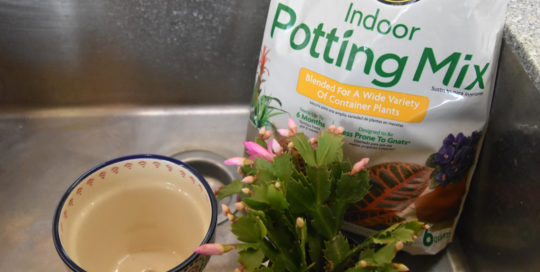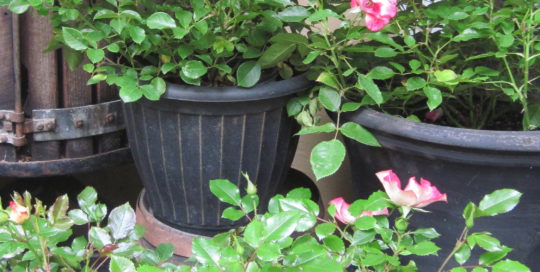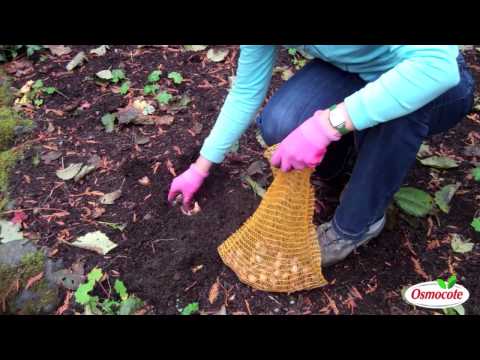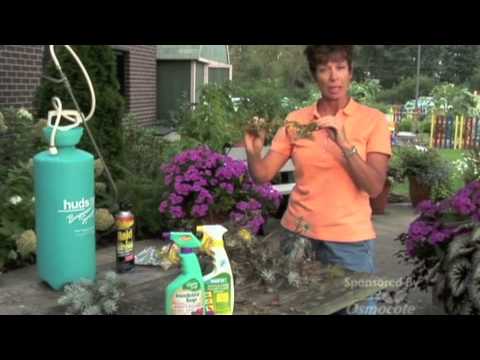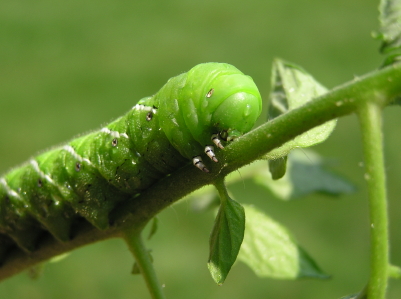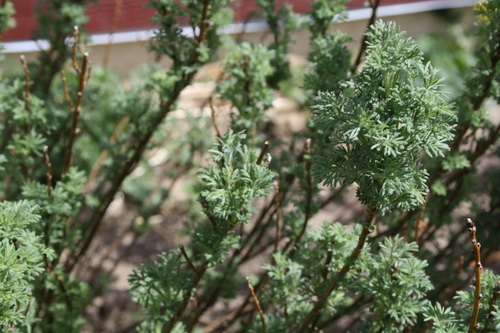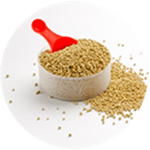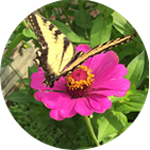This list is the top 10 garden pests and the most organic way to deal with them.
#1-Deer
These four legged, four lettered word wreak havoc on just about every thing in your garden, except maybe your artificial plants, and even then, the theory is they will eat anything if they are hungry enough. An organic product called Milorganite is a miracle for combating these pests. Milorganite is a fertilizer made in Milwaukee, Wisconsin, from treated sewage sludge. It is categorized as a natural fertilizer because 85 percent of its ingredients are organic. There is a lot of controversy over whether this stuff really works. I for one say, yes!
#2-Rabbits
Another of the furry, cute, four legged pests. This one is a little tougher than the deer, though not impossible. The most effective thing you can do for these is fencing. It needs to be at least 2 feet tall to prevent rabbits from jumping over. To keep them from burrowing underneath of it, you will need to bury at least 3 to 6 inches of the fencing, deeper than that would even be better. Make sure bend the buried portion away from the plants, towards the outside of the garden.
#3-Aphids
These soft bodied insects, as well as Mealy-bugs and Whitefly, are fairly easy to control. Scouting your yard and garden on a regular basis, especially when new growth is emerging, is the key. The very first sign of any of these pests and it is time for the insecticidal soap. Make sure you spray the insect itself; the soap has little to any residual effects. Basically, it dries the pest up, thus eliminating any future breeding.
#4-Grasshoppers
Are very difficult to control when they become adults, you will want to scout your yard looking for young ones. The soap can be useful in the early stages, but is usually ineffective, as they get larger. A very easy, and I thought was a joke when I first heard about it, is dust your plants with ordinary flour.
This simple product actually gums up and blocks the grasshopper’s mouth, kind of like peanut butter to a dog, which then prevents the grasshopper from eating. Make sure you are only using ordinary all-purpose flour. Avoid things such as self-rising flour, which usually contain salts, because those are harmful to the plants in the garden.
#5-Snails and Slugs
Feed on a variety of plants and on decaying plant matter. They will chew irregular holes with smooth edges in leaves and flowers, as well as fruit and young plant bark. You will need to rely on a combination of methods to keep these pests at bay. The first step is to eliminate as many places as you can where they can hide during the day. Things such as wooden boards, large rocks, debris, large leafy branches that grow close to the ground, and even dense ground covers such as ivy are all good hiding places. Handpicking is next, the more you get rid of now, there will be less in the future.
There are several types of barriers on the market that will keep snails and slugs out of planting beds. The easiest to deal with are those made with copper flashing and screen. It is believed that copper barriers are effective because the copper reacts with the slime that snails and slugs secrete, causing a disruption in their nervous system similar to an electric shock. You have probably heard of filling a shallow bowl with beer and wait overnight. Yes, the slugs love it and you can dispose of the whole mess by adding it to your compost. The downside to this is, you will need to keep other animals out of the beer, and you will need to refill it every night.

